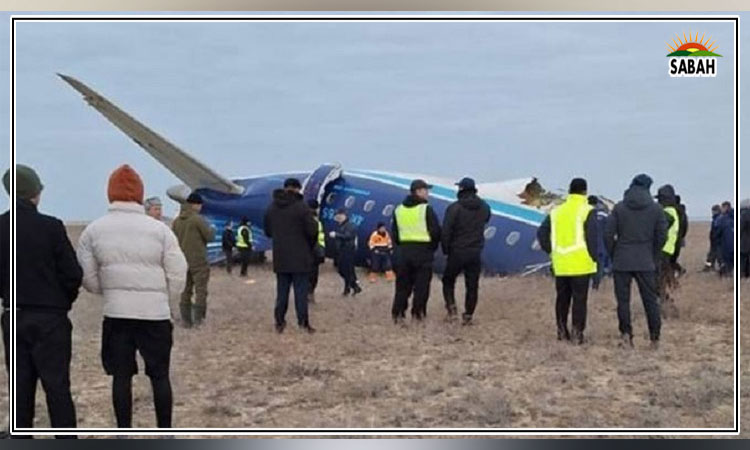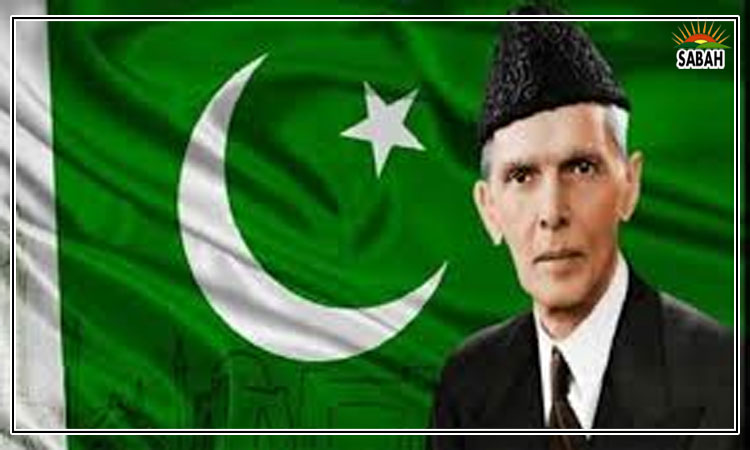From celebration to repentance… Kamran Yousaf
On August 15, it was the second anniversary of Afghan Taliban return to power. The Afghan Taliban victory was so swift that all assessment by the US and even Pakistani intelligence agencies failed to preempt it. When the Doha deal was signed and President Biden after initial hesitation agreed to the drawdown the plan, the US intelligence community believed that the Afghan Taliban might need up to a year to regain control of Kabul after the foreign forces withdrawal. That assessment was revised when the drawdown reached closer as the Afghan Taliban captured province after province without any resistance. The US intelligence agencies concluded that the Taliban could return to power within three months.
Pakistan, which shared the longest border with Afghanistan and had historic ties with the Taliban, too came up with its own assessment. The assessment was shared by then Army Chief General Qamar Javed Bajwa with a senior US General just weeks before the withdrawal date. As per the Pakistani assessment, the Afghan Taliban might take control of the rest of the country, but it might not be a cakewalk for them to control Kabul. Pakistani assessment was that the Afghan Taliban would face stiff resistance from the Afghan National Army (ANA) on trying to capture Kabul. This fight could last up to a year, according to Pakistans reading. During this period Gen Bajwa thought the international community and other stakeholders would have enough time to persuade all sides to agree on an inclusive government.
But come August 15, and the Taliban were at the gate of Kabul. Despite spending billions of dollars on building the Afghan National Army, the embattled President, Ashraf Ghani, ran away from the country on a helicopter. Kabul was left with no one at the helm. Taliban entered the capital without shedding any blood and regained power after 20 years.
The assessment of both Pakistan and the US failed miserably as the Taliban were roaming the streets of Kabul as well as the Presidential palace, even though US forces were still on the Afghan soil. It was ironic that the very US-led forces that were fighting against the Taliban were now at the mercy of the militia. The Afghan Taliban were providing security to the US forces and other foreign nationals for their safe exit from the country. The US wanted to avoid that situation because images coming from Kabul were reminiscent of Vietnam defeat. The US had accepted defeat when it had signed the Doha Accord. What it wanted was to ensure that US forces left Afghanistan in an orderly manner. But that did not happen. At one time Pakistani officials feared that the country might be sanctioned since the US was not happy with the way things unfolded in the last days of the US withdrawal. However, Pakistan managed to avoid that situation by quickly helping the international community in the evacuation plan.
Amidst all the chaos, Pakistani policymakers were happy with the outcome. They thought the return of the Afghan Taliban would benefit the countrys interest. The most immediate expectation was that the new Afghan rulers would decimate the banned TTP or any group that threatened its security. That was the reason that Pakistan emerged as a spokesperson for the Afghan Taliban urging the world not to disengage with the war-torn country. But the reality soon struck Pakistan. The Afghan Taliban, contrary to our expectations, refused to take action against the TTP. Instead it offered their good offices to negotiate a peace deal between Pakistan and the TTP. Talks did make some progress at the start as the TTP agreed to a ceasefire in return for Pakistan freeing certain militants and allowing hundreds to return. But the move quickly backfired as despite the ceasefire the TTP stepped up attacks against Pakistan, compelling Islamabad to abandon the path of peace. Two years ago those who celebrated the Taliban victory must now be regretting!
Courtesy The Express Tribune












